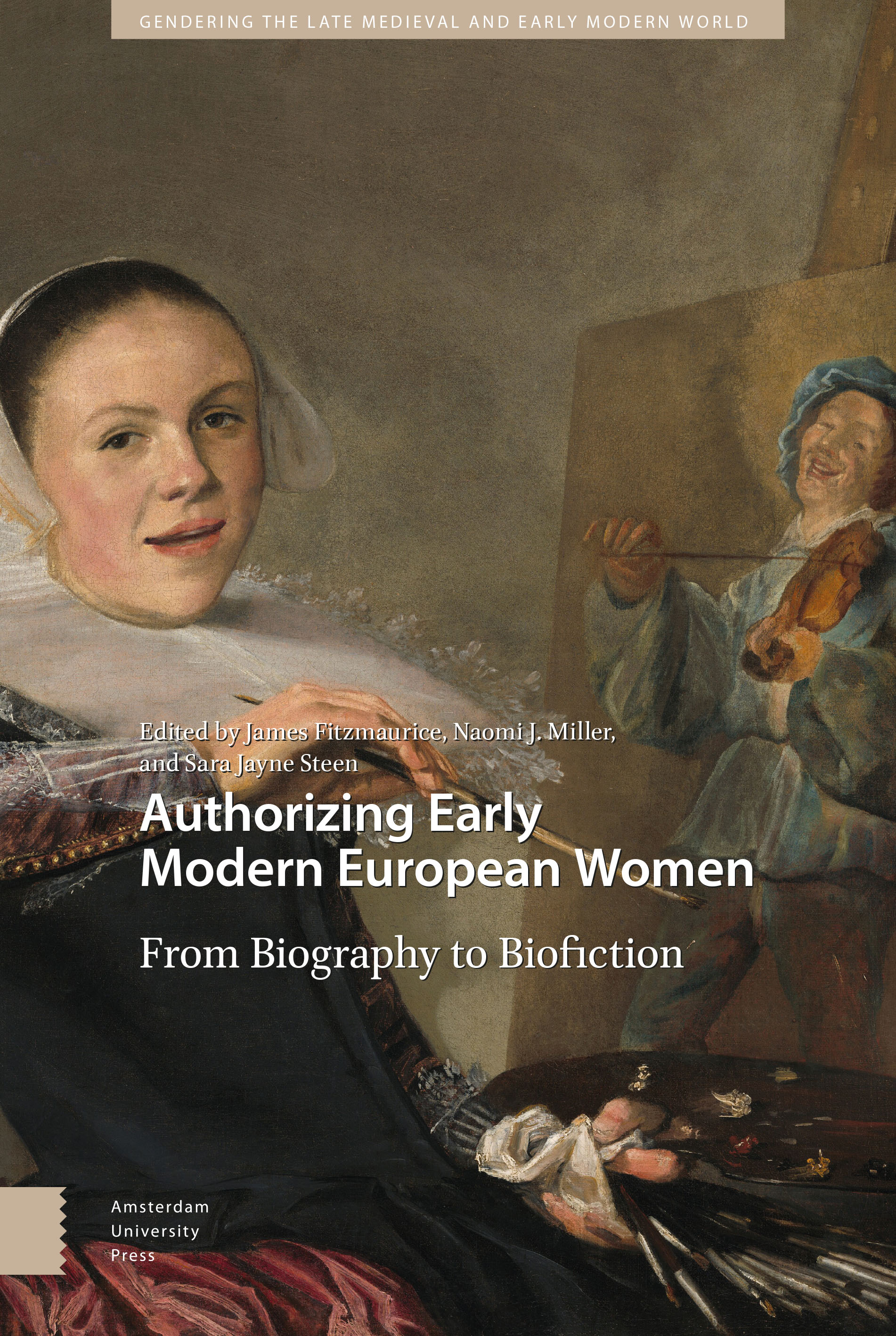20 - “The Gossips’ Choice: Extending the Possibilities for Biofiction with Creative Uses of Sources”
Published online by Cambridge University Press: 16 December 2021
Summary
Abstract
Historical fiction based on historical figures with just their names changed was common in the distant past but fell out of favor in the last century. One reason for this was the additional transparency that biofiction with the protagonist as a named figure can offer. This chapter makes the case that using the practices of older historical fiction combined with the transparency of biofiction in a hybrid fashion, blending the real and the imaginary, offers great scope for bringing women's lived experiences to life. In this essay, I discuss my own praxis while writing The Gossips’ Choice to illustrate my argument.
Keywords: midwifery, childbirth, case histories, gossips, Sarah Stone, Jane Sharp
Michael Lackey has explained that “in the past, writers frequently based their novels on actual historical figures, but they changed the name in order to give themselves more creative freedom,” and that this practice fell out of favor from the mid-twentieth century (Lackey and Donoghue, p. 81). Here we might think of Hester Prynne, protagonist of The Scarlet Letter (1850), who some believe to have been inspired by several historical women alive at the time and place of the novel's setting. For Lackey, the matter is straightforward: biofiction and historical fiction are distinct in that the former is “literature that names its protagonist after an actual biographical figure” (Lackey, p. 3). However, this concluding chapter will make the case that in certain circumstances using the practices of older historical fiction, combined with the transparency of biofiction in a hybrid fashion, blending the real and the imaginary, offers great scope for bringing women's lived experiences to life in extended and significant ways.
My own attempt at achieving this in the novel that was published as The Gossips’ Choice began life as a “practice-as-research” creative writing project in which I produced a full-length 90,000-word novel about a seventeenthcentury midwife. As Bethany Layne has commented, “people have written novels based on actual people for centuries, but biofiction offers greater explicitness” (Layne and Lodge, p. 120). My novel offers transparency by making clear which sources I drew upon in the paratextual notes. The narrative is anchored in the published writings of midwives Jane Sharp (fl. 1671) and Sarah Stone (fl. 1737), whose accounts I have drawn on frequently in my research into early modern women's reproductive health.
- Type
- Chapter
- Information
- Authorizing Early Modern European WomenFrom Biography to Biofiction, pp. 263 - 270Publisher: Amsterdam University PressPrint publication year: 2021



